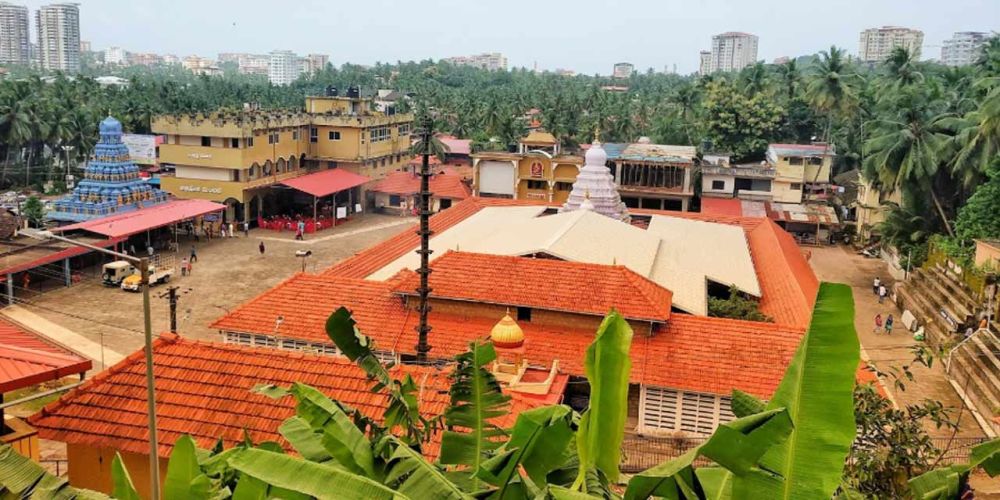

The Kadri Manjunatha Temple, nestled in the vibrant city of Mangalore (Mangaluru) in the state of Karnataka, India, is a historic site that has been a focal point of spirituality and culture for centuries. This revered temple is dedicated to Lord Manjunatha or Shiva and boasts a rich history that intertwines with the evolution of tourism in the region.
The origins of the Kadri Manjunatha Temple date back to approximately the 10th or 11th century. It is renowned for its bronze statues which are considered among the oldest in India. The temple architecture is a mix of Vijayanagara and Dravidian styles, which attracts not only devotees but also history buffs and architecture enthusiasts.
One of the main attractions of the temple is the sacred pond called Kadri Manjunatha Temple Pond. It is surrounded by natural springs, which are believed to have healing properties. Over time, the temple has undergone several renovations without compromising its ancient heritage, ensuring that its architectural grandeur is preserved for future generations.
Tourism at the Kadri Manjunatha Temple has seen a significant transformation over the years. Initially, its visitors were predominantly pilgrims visiting to offer prayers and to witness the annual temple festival – Kadri Sri Manjunatha's Rathotsava. However, with the global interest in cultural and heritage tourism, the temple began to attract a wider array of tourists.
In recent years, efforts by the Karnataka tourism department to promote heritage sites have increased the visibility of the Kadri Manjunatha Temple. Information boards, improved accessibility, and the inclusion of the temple in local sightseeing packages have all contributed to its growing popularity.
In line with current tourism trends, there has been a focus on sustainable and responsible tourism practices in Mangalore. Tourists visiting the temple are encouraged to respect the sanctity of the place and to maintain its cleanliness. Moreover, with the advent of digital and social media, the awe-inspiring images and historical significance of the Kadri Manjunatha Temple are being shared worldwide, inspiring a new generation of visitors.
Eco-friendly initiatives and cultural tours that include traditional performances and gastronomic experiences now complement the temple's spiritual offerings. These initiatives provide a more holistic experience for those looking to immerse themselves in the local culture while also contributing to the local economy.
Overall, the Kadri Manjunatha Temple remains a testament to the spiritual heritage of Mangalore and continues to be a significant pillar in the tourism landscape of Karnataka. As the interest in historical and cultural tourism continues to grow, the temple is expected to attract an even larger number of visitors from across the globe.